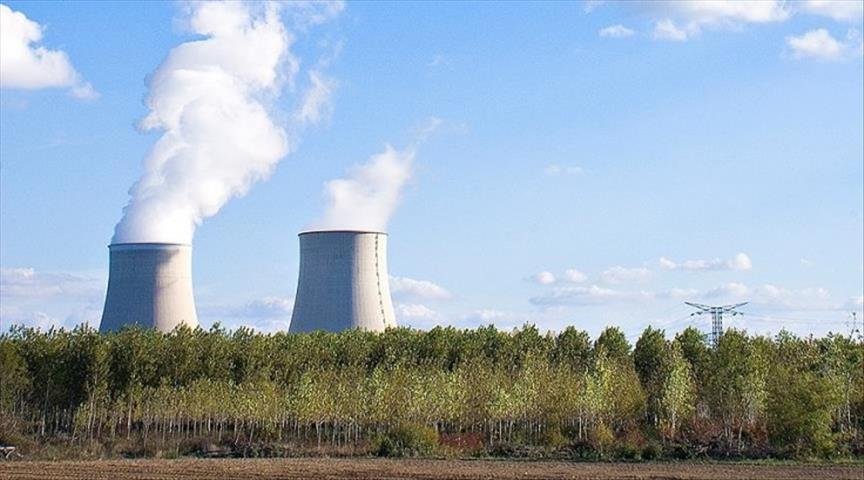Nuclear power can contribute to the fight against climate change while also ensuring sustainable development, according to the International Atomic Energy Agency's report published on Tuesday.
In December 2015 at the COP21 conference in Paris, 195 countries struck an international deal to take action to reduce climate change and keep global warming below 2 degrees Celsius.
Power generation from low carbon sources, including nuclear energy, is a critical pillar in meeting the objectives of the United Nations Framework Convention on Climate Change (UNFCCC), the report showed.
The threshold at below 2 degrees Celsius is what scientists believe is an even chance of averting the worst effects of climate change, according to the IAEA.
In November, diplomats will gather in Marrakech in Morocco to chart the path for implementing the Paris agreement.
"To meet the goal of the Paris Agreement, as well as to secure sustainable and reliable energy for all as called for by the Sustainable Development Goals, all-low carbon sources of energy are needed, including nuclear power, in a combined strategy with renewable energy, energy storage and energy efficiency," Head of the IAEA's Planning and Economic Studies Section David Shropshire said.
The report also provides factual information in areas of concern often raised by the public about the use of nuclear power.
"There is need for building awareness and recognition of the benefits that nuclear power offers with respect to sustainable development, in particular avoiding air pollution, enhancing technological and human capital, and providing reliable and predictable electricity," said IAEA Energy Economist Loreta Stankeviciute.
"Implementation of the Paris Agreement, together with sustainability-related benefits, might substantially enhance the value of having a nuclear power program," Stankeviciute added.
By Huseyin Erdogan
Anadolu Agency
huseyin.erdogan@aa.com.tr


